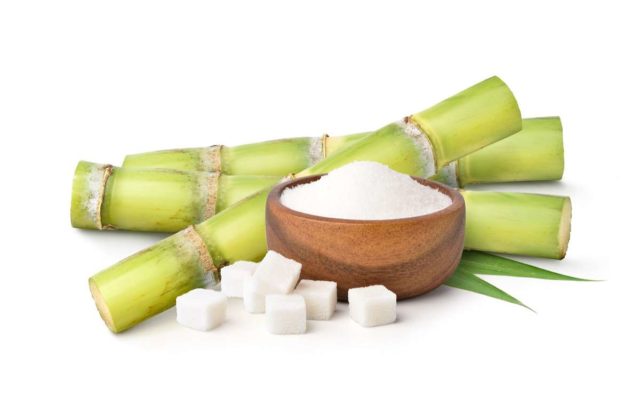Organizations or individuals representing a domestic industry (Requesting Party) have the right to submit an application of request for imposition of anti-dump
Following are
Stage 1: Preparation for the application
Application of request for imposition of anti-dumping measures (hereinafter referred to as “Application of request”) includes a written request for imposition of anti-dumping measures (hereinafter referred to as “Written request”) and related documents.
Stage 2: Submitting the application
The Requesting Party must submit one (01) copy of the Application of request to Dumping and Subsidy Investigation Division (hereinafter referred to as “Investigating Authority”) under Trade Remedies Authority of Vietnam, Ministry of Industry and Trade, which is located on 23 Ngo Quyen Street, Hoan Kiem District, Hanoi. The authority works during office hours from Monday to Friday.
In case of the Requesting Party asks to keep some information in the Application request confidential, Requesting Party must submit two (02) copies of the Application of request which comprise one (01) copy containing public information and one (01) copy containing confidential information. Regarding the confidential information, the Requesting Party must attach a detailed explanation of the request for confidentiality of the information and a summary of the contents of the confidential information that may be disclosed to other relevant parties.
The Investigating Authority shall verify the adequacy and validity of the Application of request and notify the result to the Requesting Party within 15 days from the receipt of the application.
Stage 3: Supplementing the application
In case of the Application of request is not adequate or valid, the Investigating Authority shall request supplementation from the Requesting Party. The time limit for supplementation of the application is decided by the investigating authority but not lower than 30 days from the notification of supplementation.
In case of the Application of request is adequate and valid, the Investigating Authority shall inform the related parties including the Requesting Party about receiving the application and start to verify the content of the Application of request. After this stage, the procedure for submitting an application of request for imposition of anti-dumping measures shall be completed.
In general, the information in the Application request should be adequate and valid. However, to pass the content verification and become a basis for issuing a decision to launch the investigation, the Requesting Party must satisfy the two (02) following conditions:
In terms of the condition of legal status, the Requesting Party must be eligible for the legal representative status of the domestic industry as prescribed in Art. 79(2) and Art. 87(2) of the Law on Foreign Trade Management (Art. 31(2)(a) Decree 10/2018/ND-CP). The Requesting Party shall be regarded as representing a domestic industry when all the following requirements are fully met:
i) The total volume or quantity of similar goods manufactured by the domestic manufacturers that submit the dossier and domestic manufacturers that support the request for application of anti-dumping measures is larger than the total volume or quantity of similar goods manufactured by the domestic manufacturers that oppose such request;
ii) The total volume or quantity of similar goods manufactured by the domestic manufacturers that submit the dossier and domestic manufacturers that support the request for application of anti-dumping measures accounts for at least 25% of the total volume or quantity of similar goods manufactured by the domestic industry concerned.
In terms of the condition of evidence, the Requesting Party should prepare sufficient documents on the dumping on goods imported to Vietnam to prove that the dumping of such goods significant damage, threat to cause significant damage to domestic industry or significant obstruction to the establishment of the domestic industry. The contents that need to be carefully and fully prepared are:
i) Information on the normal price and export price of the described goods in the Written request; dumping margin of the imports subject to investigation of anti-dumping measures;
ii) Information, data and evidences on significant damage, threat to cause significant damage to domestic industry or significant obstruction to the establishment of a domestic industry;
iii) Information, data and evidences on the causal relationship between the import of goods requested to investigate and the damage to domestic industry significant damage, threat to cause significant damage to domestic industry or significant obstruction to the establishment of a domestic industry.
International trade lawyers at law company will always follow up with authorities for legal update on matters relevant to international trade dispute and anti-dumping measures in Vietnam.


























